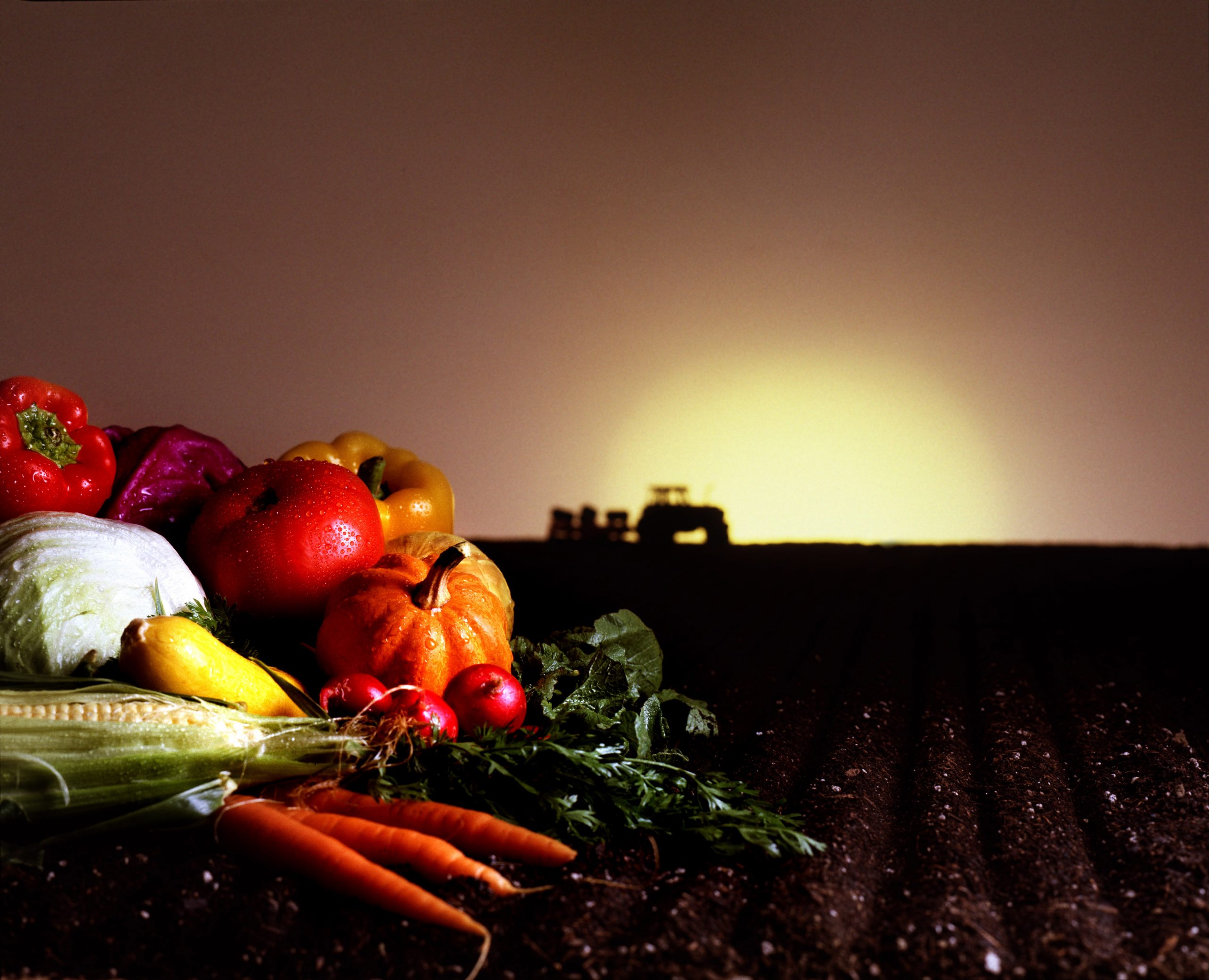
Green peach aphid – can we turn the tide of resistance?
6 March 2020
Harvesting consumer attitudes towards fresh vegetables
10 March 2020In 2015, market researcher Euromonitor International conducted a global scan of vegetable innovations in fresh and minimally processed vegetables, in a bid to help Australian growers differentiate themselves.
For Australian grown produce to remain relevant in the face of the increased availability, flow and competition of the globalised vegetable marketplace, Australia’s growers may need to continuously adopt innovative, new technologies to enhance the superior quality of their vegetables. This was one of the key findings in research conducted by Euromonitor International from April 2014 to January 2015, in conjunction with Hort Innovation and AUSVEG. The project aimed to identify new and commercially viable approaches for the Australian vegetable industry to enhance its overall competitiveness. These findings are detailed in the report, Global scan for vegetable innovation – fresh and minimally processed vegetables.
“Competition from Asian markets, due to the unparalleled rise in agricultural output, high productivity and the wide availability of arable land for vegetable production, has reduced the overall attractiveness of Australian produce,” Euromonitor International project leader Umesh Madhavan explained.
“However, key characteristics observed across Asia suggest that Australian grown vegetables can remain competitive and retain their strong value proposition through the selective adoption of innovations detailed within this study.”
Asian marketplace
Asia consists of diverse country markets and consumer groups, and it is this market diversity that is likely to create demand for vegetable innovations, through stronger supply chains that are driven by the proliferation of modern grocery retailing channels in both developed and developing Asian economies.
Given the rise of the new rich in Asia, the region is fostering a burgeoning culture of health consciousness, with higher quality vegetables, fresher and healthier ingredients and more environmentally-friendly packaging ranking highly among consumer priorities.
So, what does this all mean for Australian vegetable growers? The research shortlisted several innovations that are best suited for Australian fresh and minimally processed vegetables within Asian markets. This included:
- Micro-perforations.
- Compostable packaging and labelling.
- Recycled materials for packaging.
- Peel-and-reseal lidding films.
- Ethylene scavengers.
- “Bibimbap” packaging.
- Quick Response (QR) codes on vegetable packaging.
- Living salads.
- Fresh vegetable snack packs.
- Microgreens.
Key themes that emerge within these recommendations are the importance of longer shelf life, extended freshness, protecting the integrity of the vegetables through effective post-harvest packaging, reduced costs though the supply chain and/or manufacturing process, increased resonance with environmentally-conscious consumers and building consumer affinity through culturally inspired packaging.
“Extended product shelf life and freshness reinforce Australia’s association with quality produce, especially in Asian markets, most of which have a positive view of Australian grown produce,” Mr Madhavan said.
Food safety is paramount
Technology can also play an important role in reassuring wary consumers of food safety, particularly in the wake of suspected or actual food scares.
As a result, food traceability as an assurance of food safety is a major issue. QR codes, although originally developed for non-food promotional codes, have subsequently been widely installed on vegetable packaging to provide a greater degree of quality assurance, as consumers can obtain more information about the products before purchase.
Today’s consumer is increasingly informed, health-conscious and concerned about their environmental footprint. Recognising this will undoubtedly benefit Australia’s vegetable growers, particularly as consumers across Asia are steadily shifting their buying habits from traditional wet markets to organised, modern retailing. As the research findings reinforce, this will ultimately allow Australian growers to differentiate themselves from lower-priced, locally grown Asian produce.
Find out more
The final report for this project can be found on the InfoVeg database.
Global scan for vegetable innovation – fresh and minimally processed was a strategic levy investment under the Hort Innovation Vegetable Fund.
This project was funded by Hort Innovation using the vegetable research and development levy and contributions from the Australian Government.
Project Number: VG13080

